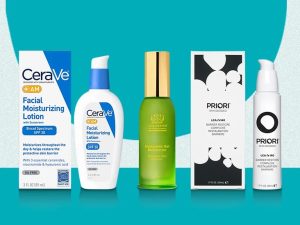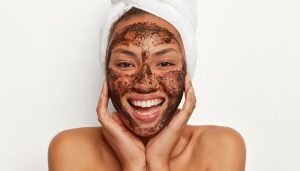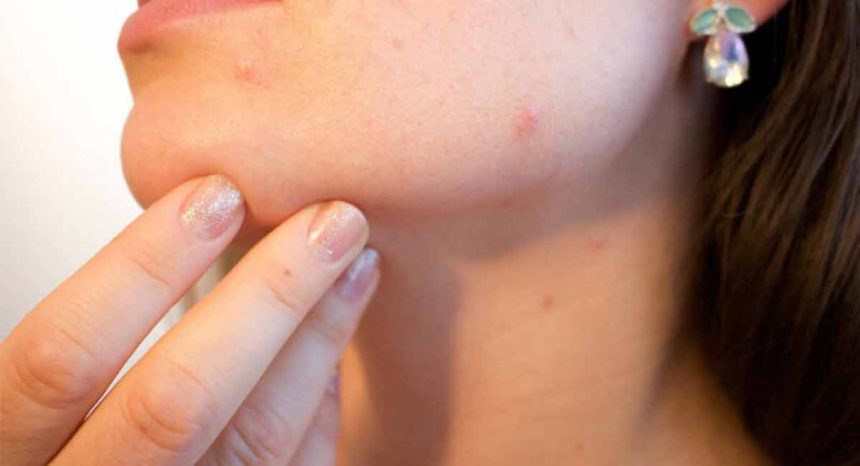If you have acne-prone skin, you are probably terrified of winter. After all, it’s cold outside, the air inside is dry, and everyone recommends a thick moisturizer. They feel heavy and greasy on your face and body, making you concerned that they will clog your already sensitive pores.
As if having acne-prone skin wasn’t stressful enough, the cold, harsh winter climate can aggravate it even more. We must be cautious if we are prone to acne because it is critical to hydrating our skin with a good moisturizer in the winter. Also read 5 Winter Skin Care Tips to Include in Your Beauty Routine
The guide to caring for your acne-prone skin
Consult a dermatologist
Before you buy or start using a new product or change your routine. You should figure out what is causing your acne and how to control it. Acne develops when sebum, the skin’s oily substance, combines with dead skin cells and clogs pores.
Consult a dermatologist to determine whether you are using the wrong skin care products, or too many skincare products.
Look for a Perfect Moisturizer
It’s time to figure out what type of moisture will provide the hydration you require while not causing build-up and breakouts. The truth is that using the right moisturizer. One that is both hydrating and non-comedogenic, can help to strengthen the skin’s moisture barrier and improve acne over time.

A compromised skin moisture barrier is characterized by dry and rough skin, itching, redness, dullness, breakouts, sensitive skin, and wrinkles. When the skin barrier is compromised, it has difficulty holding on to water and performing important skin functions. Such as keeping good things in and bad things out.
Acne severity is directly related to poor moisture barrier function. Avoid ingredients like petroleum, mineral oil, alcohol, or dimethicone when looking for a safe and effective acne moisturizer. Choose a glycerin-containing product instead, as glycerin is typically suitable for all skin types. Also read In winter hair becomes knotted – Why and how to Prevent?
Exfoliate on regular basis (acne-prone skin)
Exfoliating your skin on a regular basis during the winter months can be beneficial for acne-prone skin because it helps remove deep skin cells. The cold air dehydrates your skin, so it’s important to exfoliate to help replenish it. This may aid in cell turnover. This is also beneficial because it aids in the absorption of the other products you are using.

While exfoliation is essential for healthy, glowing skin, doing so too frequently can aggravate your condition. Excessive exfoliation can damage your skin’s barrier, making it more prone to irritation, inflammation, and, in some cases, acne.
Switch your acne treatment
When the temperature drops, it’s critical to switch up your skincare routine. Many acne treatment products, such as salicylic acid, benzoyl peroxide, and retinoids, do not have to be used on a daily basis to be effective. And, because they can cause dryness, irritation, and flaky skin, she suggests reducing the strength or frequency with which you use them.
Stay tuned at InterviewerPR.com for more updates



